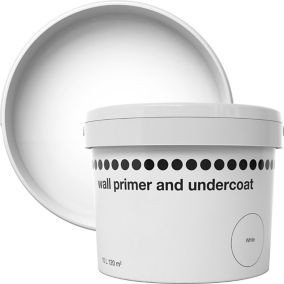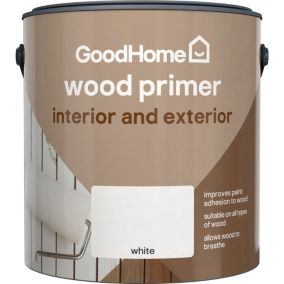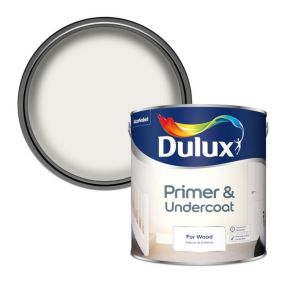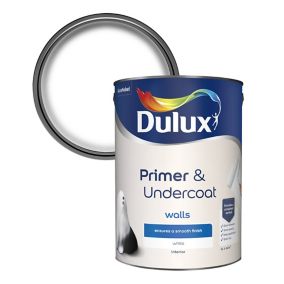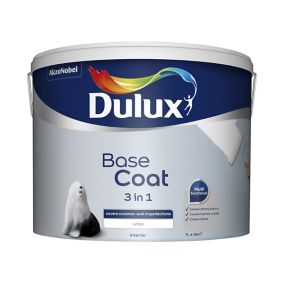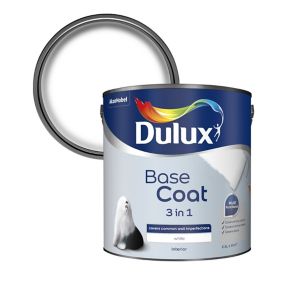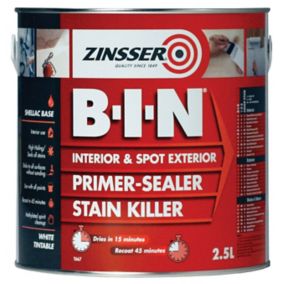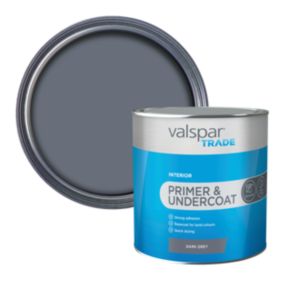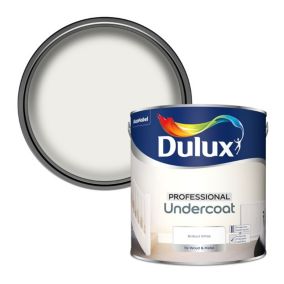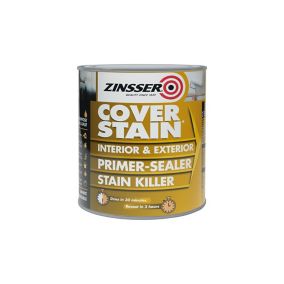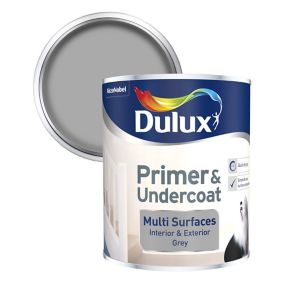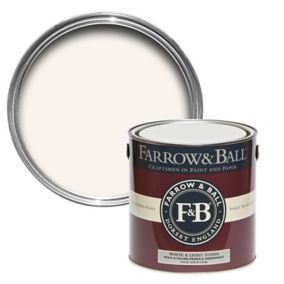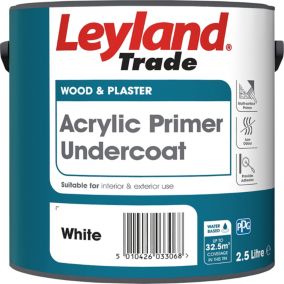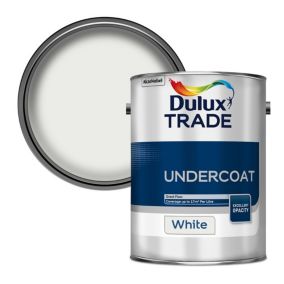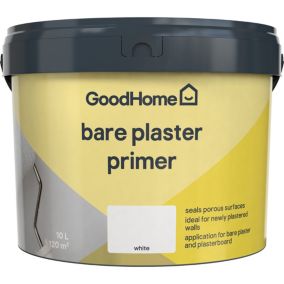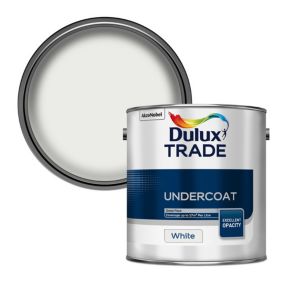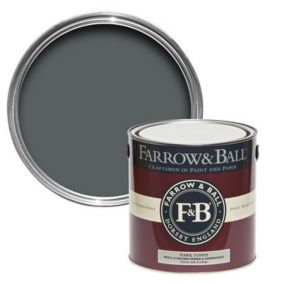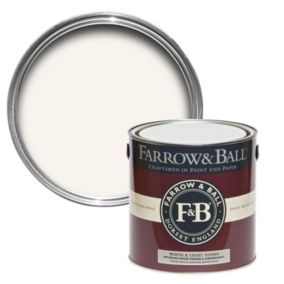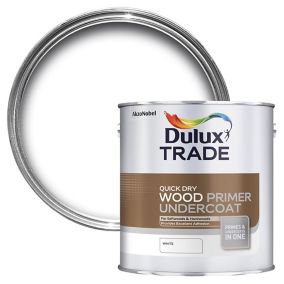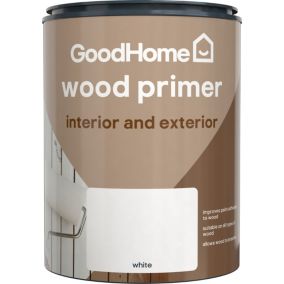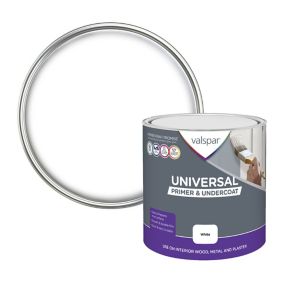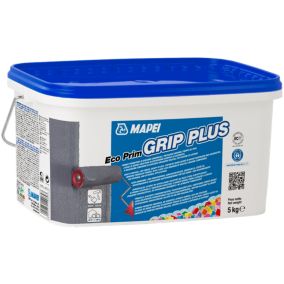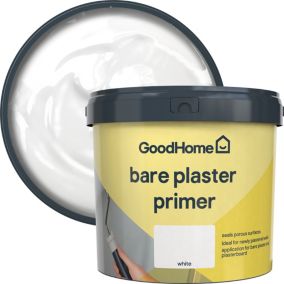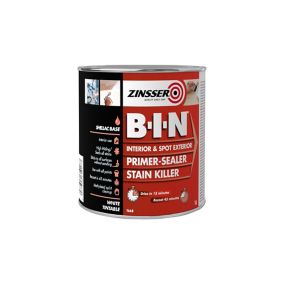Primers & undercoat
Paint primers and undercoats are the first coat of paint you will need to put on metal, wood such as MDF, and walls if the surface has never been painted before. By adding a primer, it creates a better bond when you paint the surface with your topcoat, giving a more hard-wearing finish. If you paint a new surface without this initial coat, you may find that you will need more paint as the surface will soak it up. Some paints include a 2-in-1 paint and primer, so it's worth checking before you buy. You would more likely use an undercoat on a surface which has already been painted before, as it will still give a smoother finish by adding before applying the topcoat. You may also want to consider if the undercoat is for indoor or outdoor use, if you are looking to cover up odours and stains, and whether you need a water or oil-based solution. Water-based options are typically better for blocking stains and for use on drywall and bare wood. Oil-based options are better for surfaces that are used often such as doors.
Primers & undercoat
Paint primers and undercoats are the first coat of paint you will need to put on metal, wood such as MDF, and walls if the surface has never been painted before. By adding a primer, it creates a better bond when you paint the surface with your topcoat, giving a more hard-wearing finish. If you paint a new surface without this initial coat, you may find that you will need more paint as the surface will soak it up. Some paints include a 2-in-1 paint and primer, so it's worth checking before you buy. You would more likely use an undercoat on a surface which has already been painted before, as it will still give a smoother finish by adding before applying the topcoat. You may also want to consider if the undercoat is for indoor or outdoor use, if you are looking to cover up odours and stains, and whether you need a water or oil-based solution. Water-based options are typically better for blocking stains and for use on drywall and bare wood. Oil-based options are better for surfaces that are used often such as doors.
See more Painting & decorating
Showing 24 of 152 products
Load MoreIt's really important to prepare your walls, ceiling and surfaces in the right way to give a smooth and even finish and help your colour last longer.
Paint primer needs to be applied first because it adds an initial protective layer giving you a stable and consistent base to work from. It can be used on walls, wooden and metal surfaces. The substance bonds well to a surface and the next coat of paint, and is essential if a surface is chalky, prone to cracking or stained. You can buy different types to suit your project including wood primer, oil-based primer, water-based primer, and stain blocking paint.
Paint undercoats also protect your walls and surfaces and prepare them for the top coat, providing a neutral base for you to apply any colour - however bold it might be. It’s essential if you're changing a colour scheme from a dark shade to something lighter, because it'll help show your top coat's true colour and keep it vibrant for longer.
Many primers and undercoat are designed to be used indoors, in areas of your home that experience high levels of humidity. Thanks to their quick drying time, you can use them all year round and apply the top coat of your chosen paint the same day. You’ll find options for exterior surfaces too.
What does paint primer do?
Do you need to use primer when painting over paint?
